This is part one in the series “Arabs Say…” featuring Arabic speakers from around the Arab world who gives their views on their language and how it is used today. Of course, we should keep in mind that these are personal views and do not represent the views of everyone in their countries. Still, we can learn a lot about the overall linguistic situation and some commonalities and regional differences.
























Participants answered the questions in English. Minor edits have been made for grammar and punctuation, as well a for conciseness and clarity without changing the message or meaning intended.
Arab speakers describe linguistic diversity within their countries, noting that regional dialects vary significantly, such as the differences between Moroccan Arabic, Tunisian Arabic, and Sudanese Arabic. Social class influences language use, with upper classes often mixing in French or English terms, while lower classes may develop unique slang. Educational background also affects speech, with educated individuals tending to use more formal or standardized language. Differences in religion have minimal impact on dialects, but generational gaps are notable, with older generations using terms that may be unfamiliar to younger people. Despite these variations, most dialects within a country are mutually intelligible, though some regional dialects can pose challenges for comprehension among speakers from different areas.
-
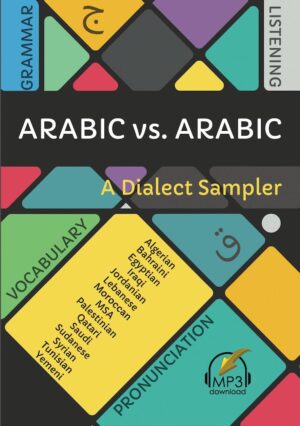
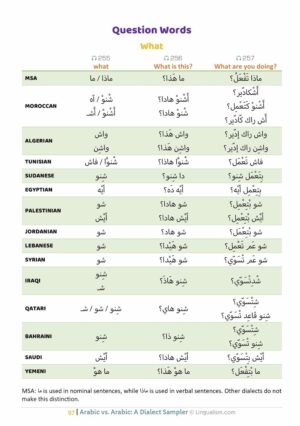
-
Sale!
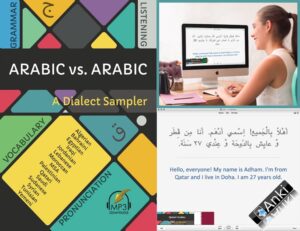
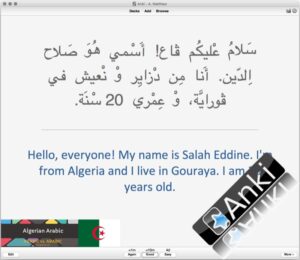
Arabic vs. Arabic: Anki Flashcard Decks (Collection of 15 Decks)
Rated 5.00 out of 5$44.85Original price was: $44.85.$26.91Current price is: $26.91.

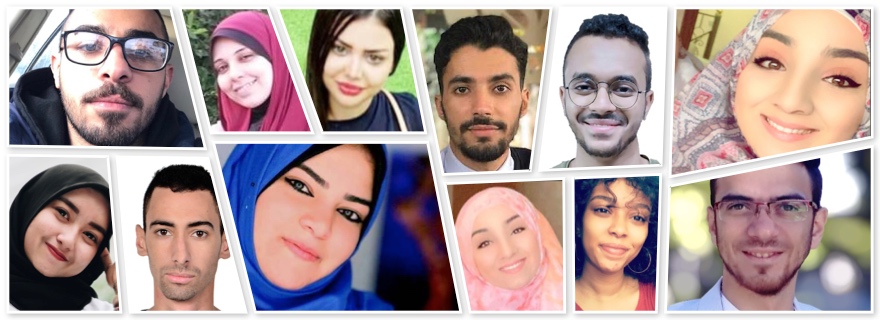

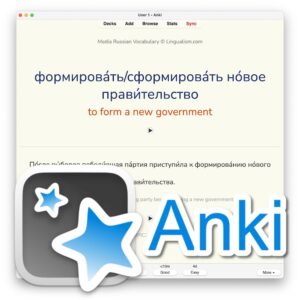
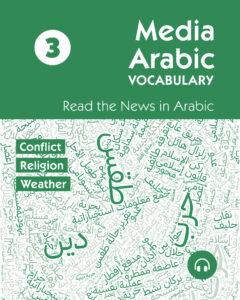
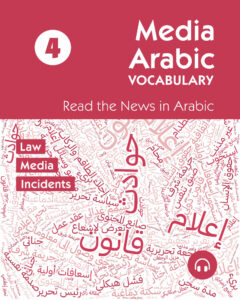

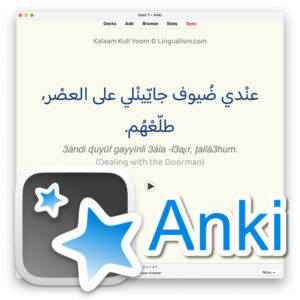
This is true. I’ve heard that there are upwards of 4 dialects within Syria alone; Damascene is its own dialect, that of Homs and Hama are closer to Lebanese, and the dialects near Palmyra (Tadmur) and Deir-ez-Zor are closer to Berber/Iraqi than to Levantine.
Kees Versteegh’s wonderful book “The Arabic Language,” although a bit of a dry read, helps point out the divergences of the Arabic dialects and how they continue to differ from one another.
Unfortunately most universities, at least here in the US, offer “Levantine Arabic” as sort of a catch-all and teach a mostly Damascene blend of Levantine. That isn’t to say that you wouldn’t be understood if you were dropped into, say, Aqaba armed only with “Levantine” Arabic, but there would still be quite a few differences between that which is spoken in Aqaba and that which is taught as “Levantine Arabic” in institutions of higher learning.
It’s seems to me that is about Language, Costumes and Traditions, like anywhere else but, in comparation with other countries, in the Arab World dialects are a socioeconomic status as well as political at the end of the day.